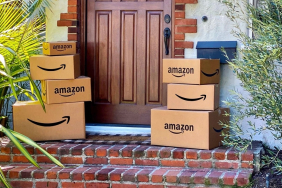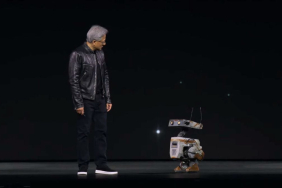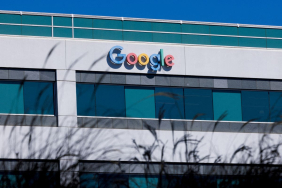Mark Zuckerberg, CEO of Meta, contemplated the potential spinoff of Instagram in 2018, voicing his concerns regarding the increasing likelihood of antitrust scrutiny. This information emerged during a trial in Washington, where Zuckerberg was testifying for the second day.
The document that unveiled these deliberations was presented amid ongoing litigation, with the US Federal Trade Commission (FTC) aiming to reverse Meta’s acquisitions of Instagram and WhatsApp.
Zuckerberg expressed his apprehensions in a memo, stating, “I wonder if we should consider the extreme step of spinning Instagram out as a separate company.” This reflection occurred while the company was exploring a reorganization strategy to better integrate its social media applications.
In the same memo, Zuckerberg emphasized that while consolidation could drive “strong business growth,” it also posed risks of diminishing the value of Facebook, Meta’s flagship product. He pointed out the uncertain future of retaining the complete “family of apps.”
Ultimately, Meta opted not to separate Instagram, choosing instead to proceed with plans for integration in the subsequent year. However, Zuckerberg’s consideration of a spinoff highlights the seriousness with which he viewed the emerging antitrust challenges.
“As calls to break up the big tech companies grow, there is a non-trivial chance that we will be forced to spin out Instagram and perhaps WhatsApp in the next 5-10 years anyway,” he noted in the memo, referencing the potential for action from a “next Democratic president” against major tech firms.
Zuckerberg added, “This is one more factor that we should consider since even if we wanted to keep those apps together we may not be able to.”
The FTC filed a lawsuit against Meta in 2020 during Donald Trump’s presidency, coinciding with similar actions against Alphabet’s Google for monopolistic practices in the search market.
Zuckerberg downplayed the impact of a potential spinoff on Meta’s business in his memo, although the company has since publicly argued that breaking it up would have detrimental effects.
“While most companies resist breakups, corporate history suggests that many actually perform better after being divided. The synergies are often less significant than perceived, and the strategic tax tends to be misunderstood,” he wrote.
Instagram’s Appeal
Zuckerberg’s recent testimony is part of Meta’s defense amid revelations from internal documents. Notable among these was a 2008 email in which he stated, “it is better to buy than compete.”
The FTC alleges that Meta holds a monopoly over platforms for content sharing among friends and family, with its primary competitors being Snap’s Snapchat and MeWe, a smaller privacy-focused platform launched in 2016.
According to the FTC, platforms that allow users to share content based on common interests, like X, TikTok, YouTube, and Reddit, do not serve as direct substitutes for Meta’s offerings.
This case has become a focal point for evaluating the new administration’s commitment to addressing the dominance of Big Tech.
During his testimony, Zuckerberg acknowledged that Meta’s acquisition of Instagram stemmed from its superior camera technology compared to what his company was developing at the time. This admission seemingly supports the FTC’s claims that Meta employed a “buy or bury” strategy to eliminate potential competition and maintain its monopoly.
When questioned about whether the rapid growth of Instagram posed a threat to Meta, then known as Facebook, Zuckerberg affirmed that Instagram’s camera capabilities were superior to their own. “We were doing a build vs. buy analysis while in the process of building a camera app,” he explained. “I thought that Instagram was better at that, so I thought it was better to buy them.”
Meta contends that previous discussions about intentions are irrelevant, arguing that the FTC inaccurately defines the social media market while overlooking significant competition from TikTok, YouTube, and Apple’s messaging service.
Zuckerberg also admitted the company’s struggles with developing successful apps. “Building a new app is hard, and many times when we have tried, it hasn’t gained traction,” he remarked. “We probably attempted to build dozens of apps over the history of the company, and the majority of them have not succeeded.”
© Thomson Reuters 2025
(This story has not been edited by NDTV staff and is auto-generated from a syndicated feed.)






